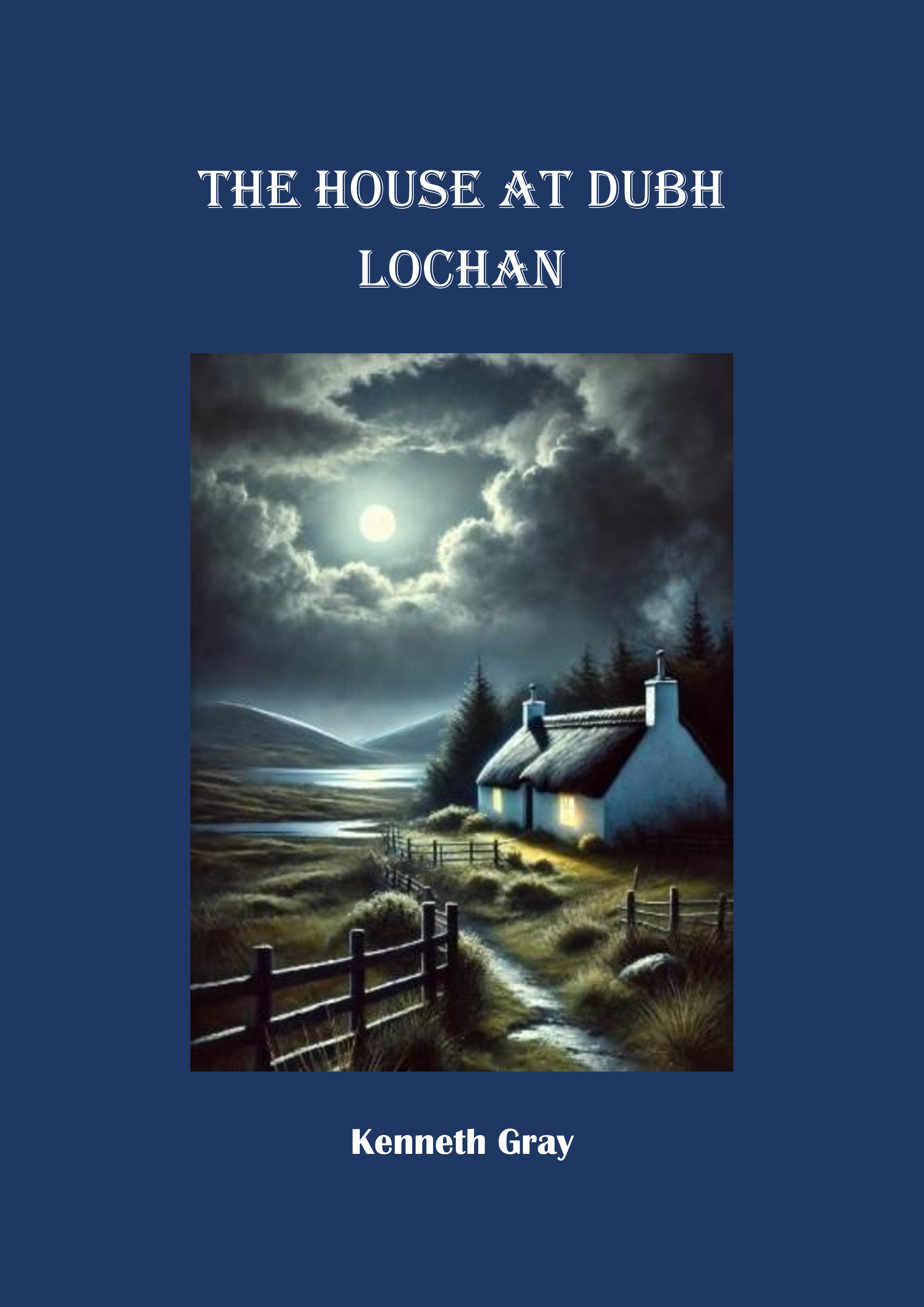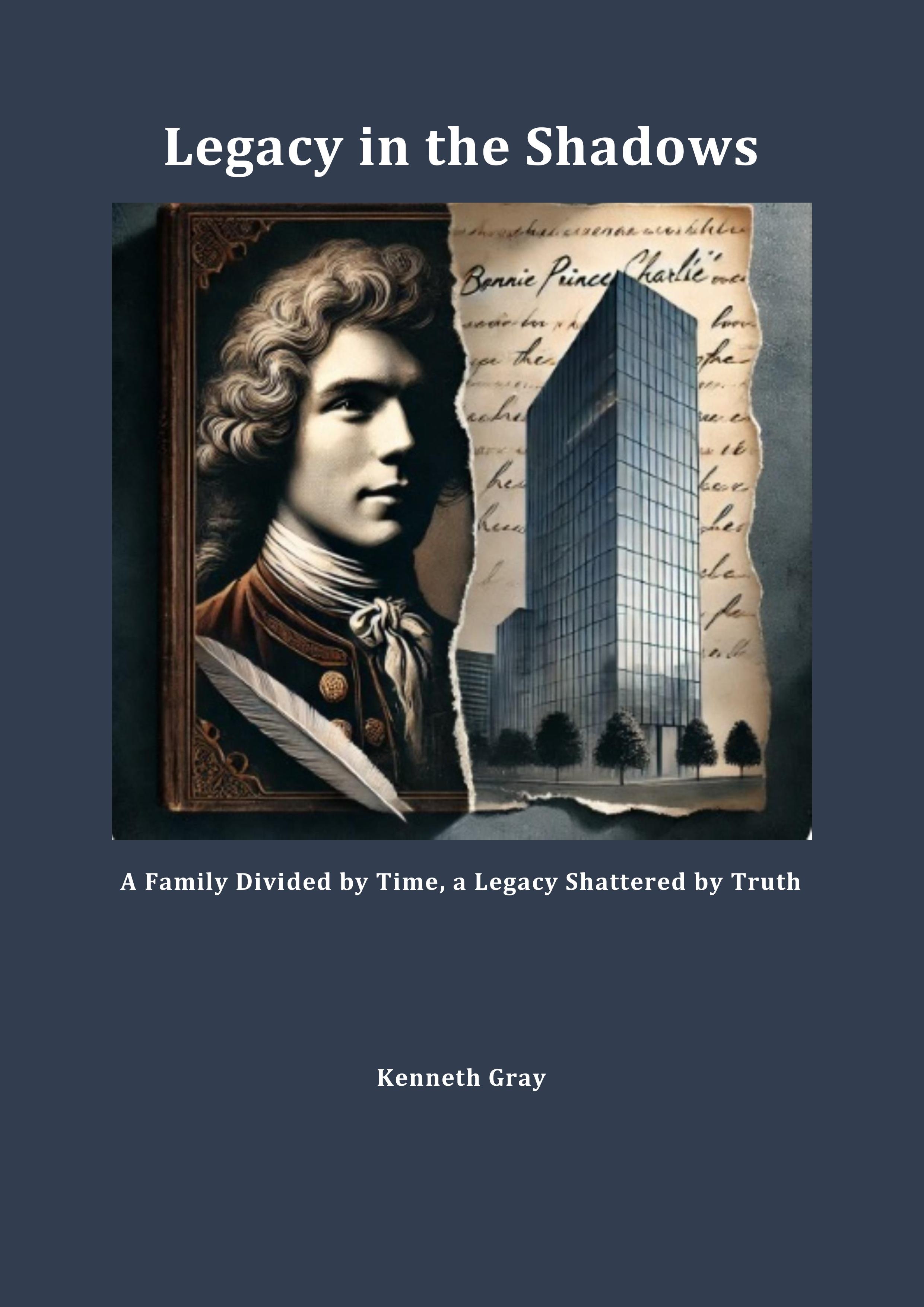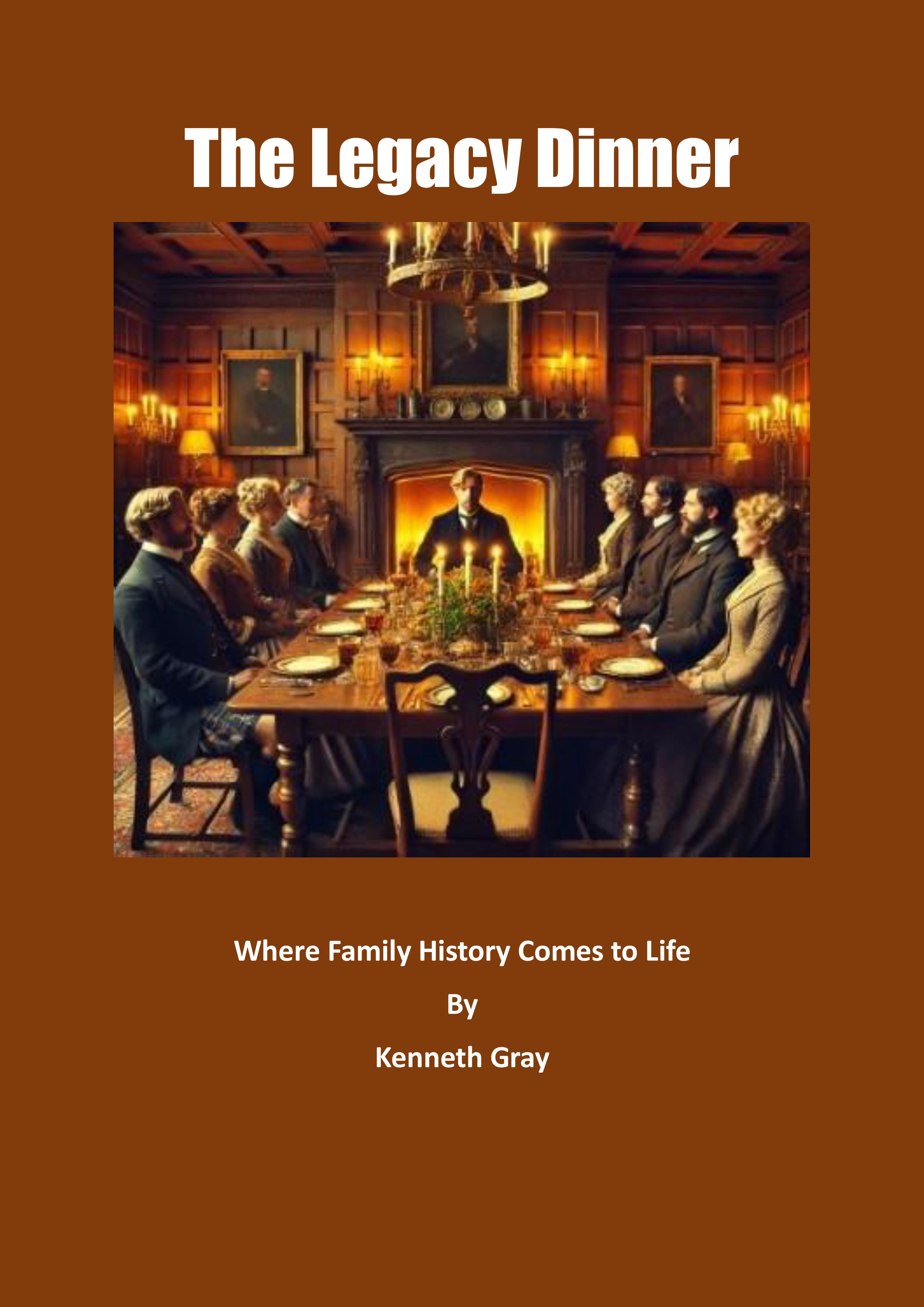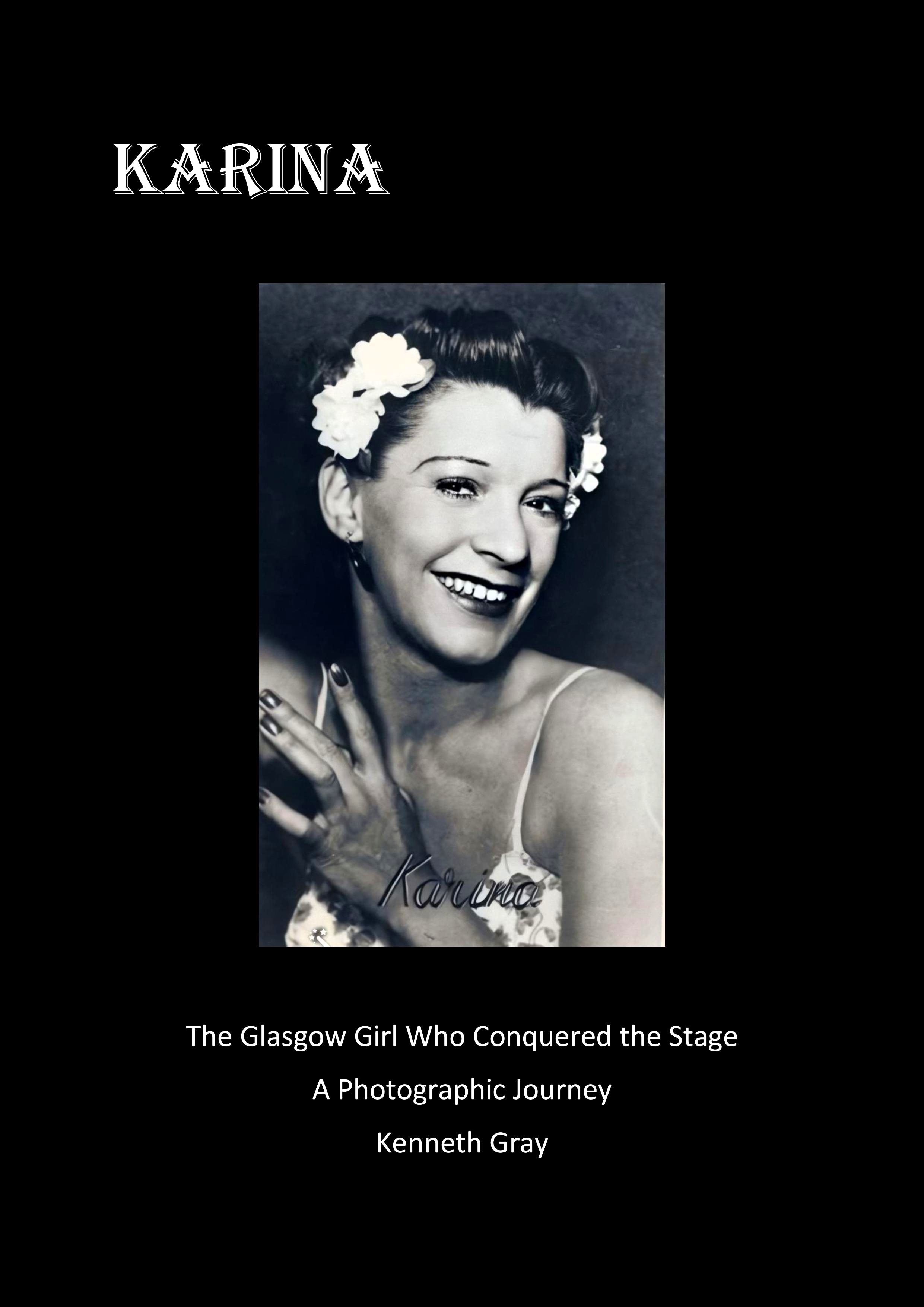Books by a Glasgow Boy
Born, educated, lived, and worked in Glasgow before my career took me to live
in other places. My family history research over many years provided a mine
of information, some of which is captured in these books. You can take the boy
out of Glasgow, but you definitely can't take Glasgow out of the boy.
The House at Dubh Lochan

In the misty highlands of Scotland, where ancient stones whisper tales of kings
and kingdoms lost, three siblings are about to uncover a truth that will shake
the foundations of their family—and their nation.
When David, Evelyn, and Anne journey to the Scottish Highlands to explore their
mother's mysterious past, they expect to find family stories and faded photographs.
Instead, they discover their quiet, unassuming mother was involved in one of
the most daring acts of political rebellion in modern British history: the theft
of the Stone of Destiny from Westminster Abbey.
As they delve deeper into the secrets of 1940s wartime Scotland, they find themselves
caught in a web of espionage, nationalism, and betrayal that reaches into the
present day. Special Branch has never closed the case, and someone is watching
their every move as they piece together the truth about the ancient coronation
stone of Scottish kings.
Buy Here
The Prince's Letters

When modern DNA analysis uncovers an unexpected link between two families,
the Chisholms of Scotland and the Branders of America, a centuries-old secret
begins to unravel. John Chisholm, a reluctant detective thrust into a web of
secrets and intrigue surrounding his family's past, and Jessica Norton, an intrepid
journalist, find themselves racing against a powerful corporate empire desperate
to bury its past.
From the bloody battlefields of Culloden to the bourbon boardrooms of Kentucky,
the story spans generations. At its heart lies a hidden letter from Bonnie Prince
Charlie, a scandalous affair, and a betrayal that could change everything. As
the truth emerges, loyalties are tested, and lives are put at risk.
Buy Here
The Legacy Dinner

Family histories are often a blend of fact and folklore, with stories passed
down through generations, each retelling adding its own layer of interpretation.
This book is my own creative interpretation of the lives of my ancestors, drawing
on the facts I have uncovered through research, as well as the gaps and mysteries
that remain.
As I pieced together the fragments of my family’s past, I found myself
imagining the conversations I might have had with those who came before me—if
only time could bend to allow such meetings. What began as a genealogical pursuit
evolved into a fictional narrative, where historical truths meet the “what
ifs” and “maybes” of creative speculation.
Karina: The Glasgow Girl who Conquered the Stage

Discover the fascinating life of Karina, born Caroline Packer McMurray, a talented
dancer, contortionist, and actress who dazzled audiences in Britain’s
music halls and theatres from the 1930s to the 1950s. Raised in Maryhill, Glasgow,
Karina’s journey to stardom was shaped by two families—the McMurrays,
her birth family, and the Grays, who helped raise her. Together, these families
played a pivotal role in her life, guiding her into the world of live performance.
This short story chronicles Karina’s remarkable career and offers a unique
glimpse into the golden age of British entertainment.
Where Were You on D-Day?

The 6th of June 1944 marked the commencement of D-Day, Operation Overlord,
a full-scale Allied invasion of Normandy, France. It was the turning point in
World War II, leading to the end of the war with an Allied victory the following
year.
I knew my father, Walter Campbell Gray, known as Campbell by all, was a D-Day
veteran, and I had grown up with some of his stories from D-Day, mainly the
amusing anecdotes suitable for children. However, I never fully understood the
reality behind these stories.
I asked him if he would write an article for a history magazine and web site
and he agreed. That article was the first time I truly comprehended the role
my father played in D-Day and the reality of his experiences. He wasn’t
an officer and didn’t aspire to be one; he was one of many ordinary people
who volunteered to fight in the war to bring an end to the dreadful conflict
in Europe.
Unknown to me, Campbell continued to write down his memories from D-Day through
to the end of the war. It was only just before his passing in 2009 that I discovered
these typed pages and decided to preserve them for his descendants and future
generations.
This book is the result of that decision.
I am an Amazon Associate
and receive commission on books sold via these Buy Here links




